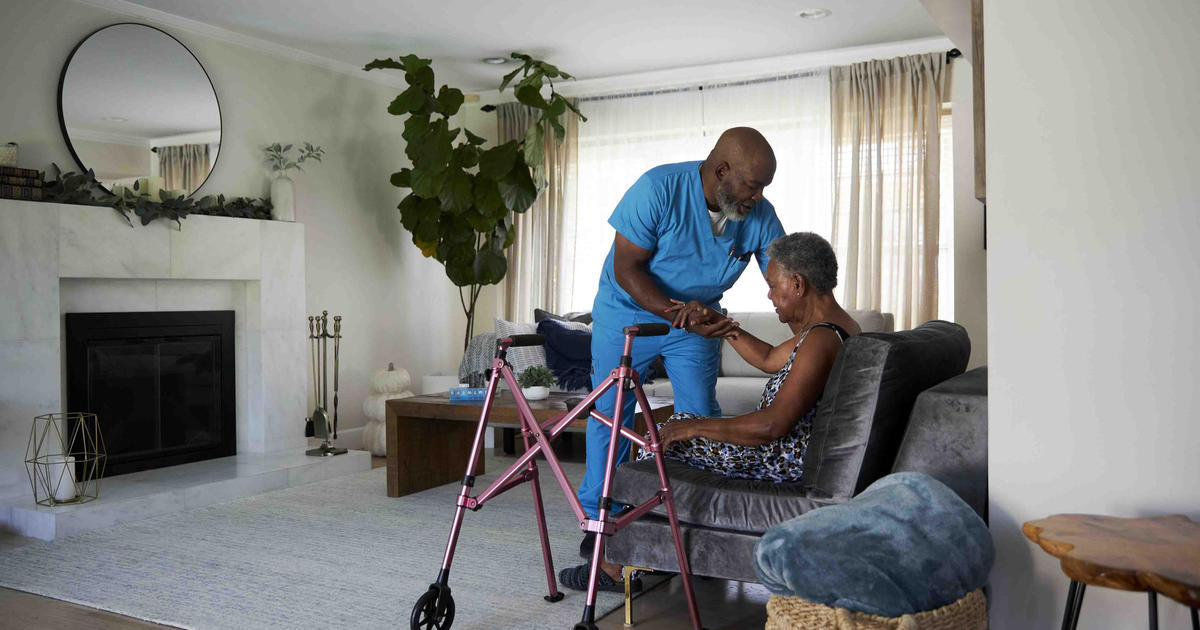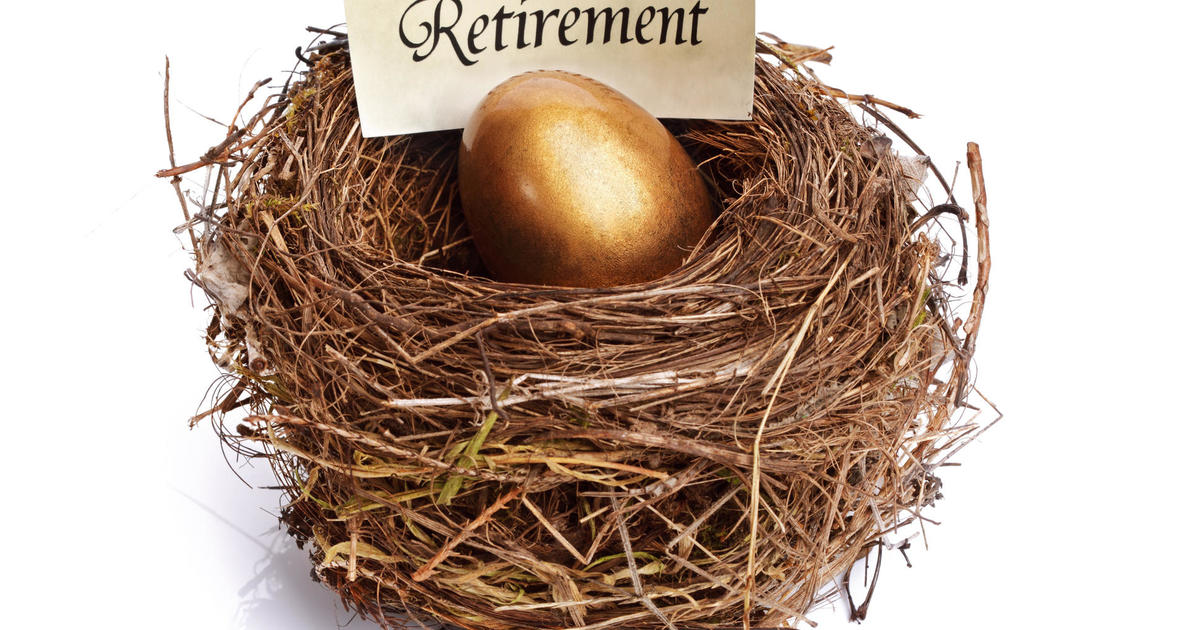One cost of going unvaccinated? Your insurer may ask you to pick up the tab for COVID-19 treatment
The financial cost of remaining unvaccinated against COVID-19 is rising. Health insurance providers are now asking people who contract the disease to share the cost of treatment, which can get expensive if it requires a lengthy hospital stay.
Early in the pandemic, most private insurers waived cost-sharing for patients under their plans or even covered the full cost of treatment. In November 2020, nearly 90% of insured individuals would have had their out-of-pocket costs — including copays, coinsurance or payments toward a deductible — waived if they had been hospitalized for COVID-19, according to an analysis by the Kaiser Family Foundation (KFF).
But with effective coronavirus vaccines widely available, most insurers are no longer waiving those costs, according to KFF. The change reflects a broader push by U.S. companies to nudge workers into getting inoculated in hopes of holding down medical expenses. To that end, Delta Air Lines this week said that it would charge unvaccinated employees an extra $200 a month for health coverage.
Insurer profits soared during the pandemic, as consumers skipped routine care and delayed elective procedures.
"Health insurance companies were spending so much less than expected because during pandemic. No one went to the hospital, elective procedures were delayed and insurers had more money than they were supposed to," said Matthew Rae, director for the Program on the Health Care Marketplace at KFF.
Today, by contrast, more than 70% of the nation's largest insurers are no longer waiving COVID-19 treatment costs, according to Kaiser, which surveyed the two largest insurers in each state and Washington, D.C.. Another 10% of plans plan to phase out cost-sharing by the end of October.
Vaccines are preventive medicine
The rationale is simple: Subsidizing COVID-19 patients' treatment runs counter to efforts to encourage Americans to get preventive care for the disease. The hospitalization rate of unvaccinated COVID patients is 29 times that of vaccinated patients, according to a report by the Centers for Disease and Prevention.
"Now that COVID-19 is largely preventable for most adults and employers are pushing people really hard to get vaccinated, it makes a lot less sense for those employers to be giving people who do get infected a break," Rae told CBS MoneyWatch.
Still, patients won't be responsible for the full cost of treatment, which can reach up to $50,000 for a severe case. Fully insured patients hospitalized with pneumonia — which involves similar treatment as for people with COVID-19 — typically end up owing around $1,300, for example.
"The cost of hospitalization for COVID-19 is tens of thousands of dollars, but most people admitted to hospital, even if they're paying cost-sharing, are only responsible for a fraction of that. It's not like they're hit with a big bill," Rae said.




